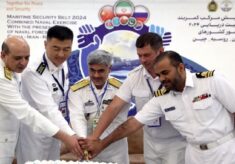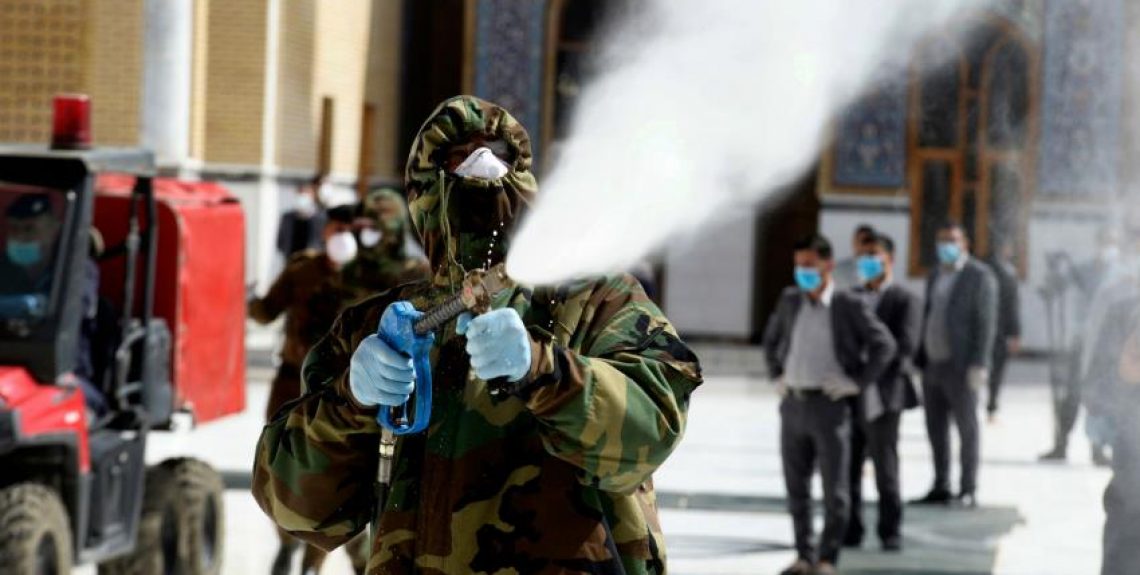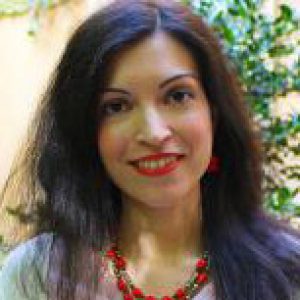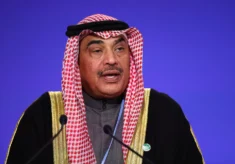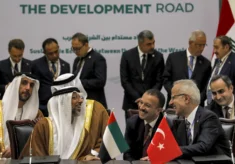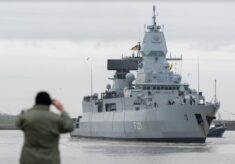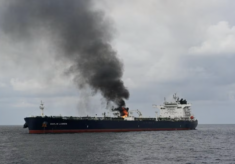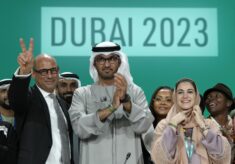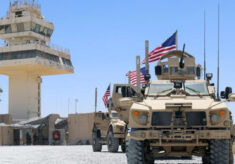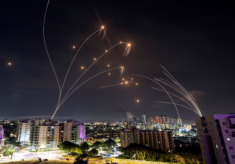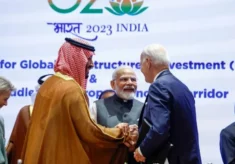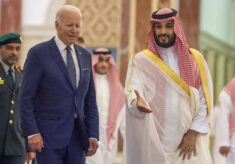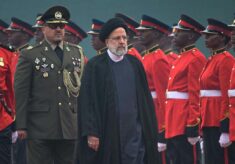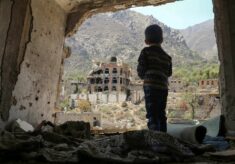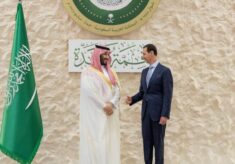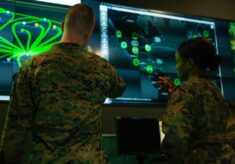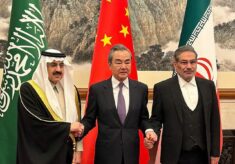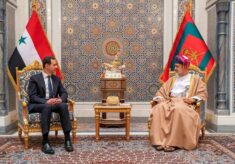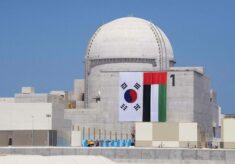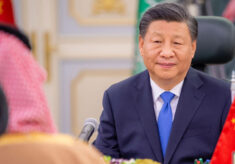In the Middle East, the fight against the COVID-19 pandemic is impacting on civil-military relations. Official armed forces, state-sponsored militias and non-state military groups all are at the forefront to enforce anti-virus measures: the Gulf region is not an exception.
The Islamic Revolutionary Guard Corps (IRGC, Iran) and the Popular Mobilization Forces (PMF, Iraq) play a leading role in lockdowns and curfews imposition, sanitization efforts and medical assistance, as part of the Iranian dual military system (IRGC) and of the Iraqi hybrid defense sector (PMF). Out of the Gulf, Hezbollah has been following the same path in Lebanon, organizing and enforcing its own health emergency plan in controlled areas of Southern Lebanon, Bekaa Valley and Beirut’s Southern outskirts.
In Iran and Iraq, Shia militias have started to depict themeselves as “defenders of the homeland, helpers of health” (IRGC), “protectors of the health” and “makers of victory” (PMF) against the pandemic, as emerges from public declarations and online propaganda.
On the 17th April 2020, Iran celebrated the Army Day. This parade (exceptionally without marching soldiers) was held at a training center, with a group of commanders in face masks as public. It displayed disinfection vehicles, mobile hospitals and medical equipment, and not missiles since “the enemy now is hidden and doctors and nurses are at the frontline of the battlefield”, president Hassan Rouhani declared [Reuters, “Iran parades medical gear, not missiles, for army parade amid outbreak”, April 17, 2020]. In Tehran, also the Liwa Fatemiyoun militia, comprising Shia Afghans of mostly Hazara ethnic origins, is engaged in sanitization efforts.
With a smart shift in communication strategies, Shia militias of Iran and Iraq are playing the ‘health protectors’ card to regain popular legitimacy in the eyes of the same communities they harshly repressed in pre-COVID protests.
Despite United Nations’ repeated call for ceasefires in conflict-torn Arab states, fightings continue (Libya) and, in some cases, become more vicious (Yemen). The threat posed by COVID-19 does not stop wars and it may also strenghten the power of militias on the ground.
As a matter of fact, the governance of the pandemic requires quick, locally-tailored and locally-implemented responses: this is exactly what many Arab governments can’t offer to disillusioned and disenfranchised citizens. In many countries, the health crisis sheds further light on the limits of governmental capacity, stressing instead the primacy of informal, patronage channels also in the health sector.
In Iran and Iraq, militias are part of the State although preserving consistent autonomy. Thanks to this grey area between state and non-state, Shia militias of Iran and Iraq can easily present themselves in a new guise of public health guardians, thus showing a patriotic face in times of pandemic. In the medium-term, this rebranding represents a refocussing strategy supported by clear communication goals. But in the long-term, it aims to secure regime survival, engendering group interest gains.
